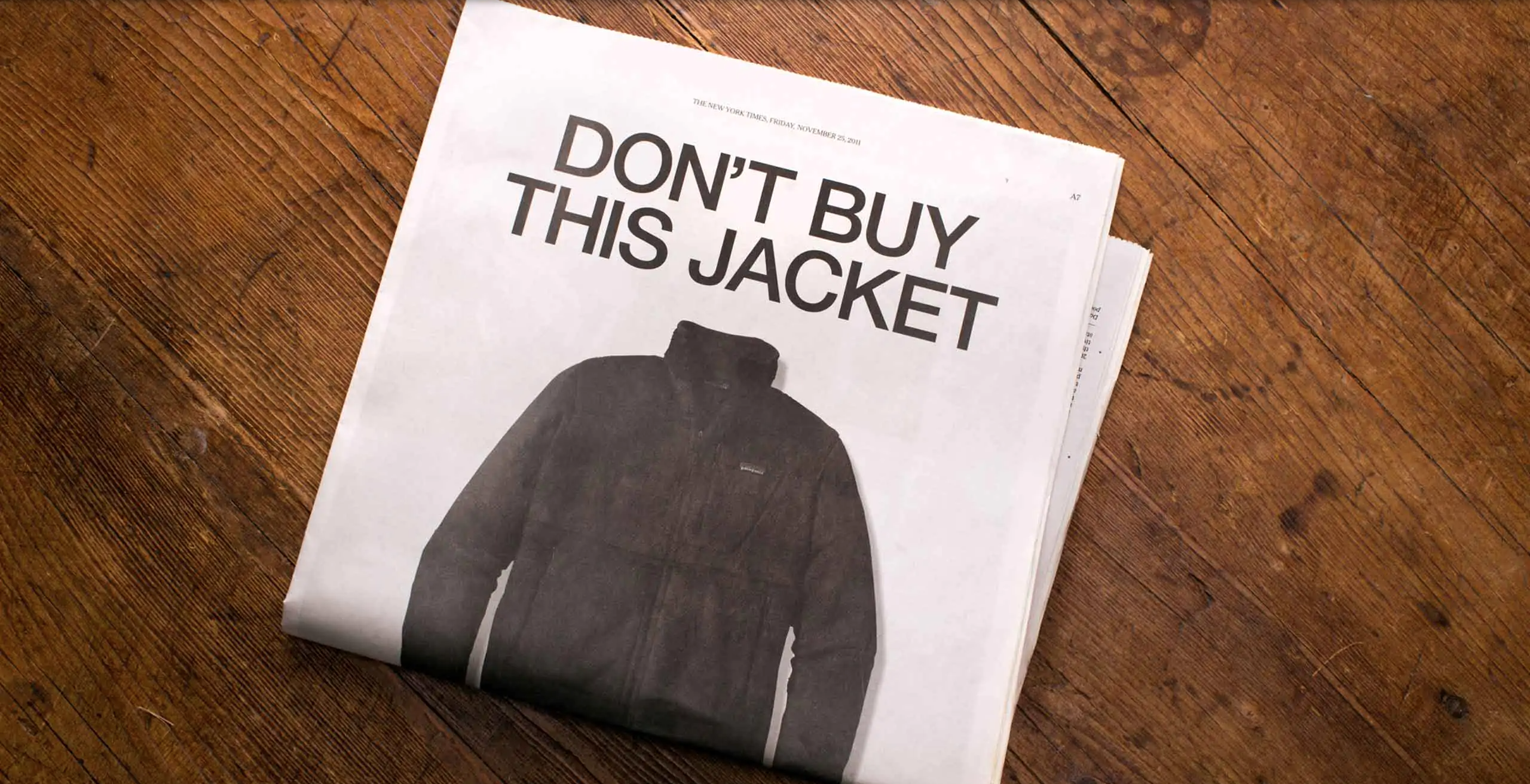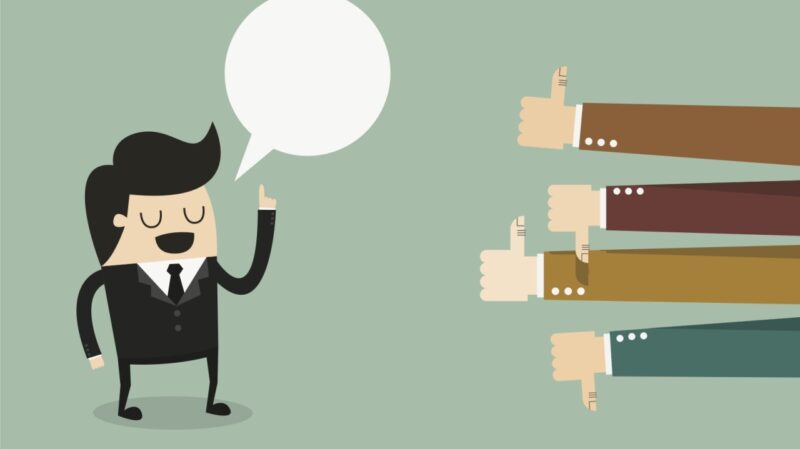Businesses who built candour into their brand
It used to be that that standard measure of a corporate leaders performance was relatively straightforward: their ability to generate wealth for investors. But as globalisation and technological advancements have evolved, so too has this standard. Leaders are now expected to lead with innovation in mind, while also addressing social issues like corporate impact on the environment, domestic job creation, and poverty in developing countries. In short leaders are expected to prioritise long-term, sustainable growth and ethical responsibility alongside financial success.
One path to success has been labelled as radical candour. As stated in this article, “the radical candour framework is fairly simple and marries two important – but often competing – workplace behaviours: challenging directly while caring deeply. If implemented successfully, advocates say this will help you “get what you want by saying what you mean”.”
Harnessed in a book titled Radical Candor by author Kim Scott, the framework was developed as a concept after she received some frank advice from Facebook chief operating officer and former Google executive Sheryl Sandberg.
As outlined in her book, there are four key tricks to being radically candid:
- Praise in public, criticise in private
- Give feedback in person, not in an email
- Find common ground
- Don’t pick on personality traits
Openness and honesty in communication is increasingly valued in business for building trust, fostering a positive work culture, and enhancing relationships with customers and stakeholders. Here are (just a few) examples of businesses that have successfully used candour to their advantage:
1. Buffer
- Context: Buffer, a social media management tool, is known for its radical transparency.
- Candour in Action: Buffer shares all company financials, including salaries, revenue, and equity stakes, openly with the public. This level of transparency builds trust among employees and customers, reinforces its brand values, and attracts talent that aligns with its open culture.
- Advantage: This transparency has garnered Buffer a loyal customer base and a strong reputation as an ethical, forward-thinking company.
2. Patagonia
- Context: Patagonia, an outdoor clothing brand, is famous for its commitment to environmental sustainability and ethical business practices.
- Candour in Action: The company is open about the challenges and shortcomings in its supply chain, including the environmental impact of its products. Patagonia’s “Don’t Buy This Jacket” campaign, which urged customers to think twice before purchasing to reduce environmental harm, is a notable example of candour.
- Advantage: This honesty resonates deeply with Patagonia’s environmentally conscious customer base, boosting brand loyalty and setting the company apart as a leader in sustainable business practices.
3. Southwest Airlines
- Context: Southwest Airlines has built a strong reputation for customer service and employee satisfaction.
- Candour in Action: The company practices a culture of “servant leadership,” where leaders are open about the company’s challenges and communicate honestly with employees. For example, during tough financial times, Southwest was transparent about the situation and involved employees in finding solutions.
- Advantage: This approach has fostered a strong, loyal workforce and customer base, contributing to Southwest’s consistent profitability and high customer satisfaction ratings.
4. The Honest Company
- Context: Co-founded by actress Jessica Alba, The Honest Company focuses on selling non-toxic household products.
- Candour in Action: The company’s brand is built on the promise of transparency about product ingredients and business practices. Even when facing criticism or product recalls, The Honest Company has been upfront about the issues and communicated openly with customers.
- Advantage: This commitment to transparency has helped the company build trust with its target market, especially parents concerned about the safety of household products, leading to strong brand loyalty.
5. Tesla
- Context: Tesla, under the leadership of Elon Musk, is known for its groundbreaking innovations in the electric vehicle market.
- Candour in Action: Elon Musk frequently uses Twitter and other platforms to communicate directly with the public and Tesla’s customers. While this approach has its risks, it also allows Musk to address issues candidly, share the company’s vision, and build a direct relationship with Tesla’s customer base.
- Advantage: This openness has created a passionate and engaged community of customers and investors, contributing to Tesla’s strong brand identity and market valuation. It has also caused problems – as Musk can be reckless with information.
6. Zappos
- Context: Zappos, an online shoe and clothing retailer, is known for its exceptional customer service.
- Candour in Action: The company practices “open communication,” encouraging employees to speak up and share ideas or concerns. Zappos also offers a unique policy where new employees are offered a bonus to quit after their initial training, which helps ensure that those who stay are genuinely committed to the company’s culture.
- Advantage: This openness contributes to a positive work environment and high employee retention rates, which translate into better customer service and strong customer loyalty.
These examples illustrate how businesses can use candour not just to manage crises or build internal culture but as a strategic tool to differentiate their brand, build trust, and foster long-term loyalty among customers and employees.
One simple way to bring candour into your business and leadership style is through engaging Square Holes in a research project. As a third party provider, you can trust that our insights and reporting are designed with radical candour top of mind. Want to learn more? Head here.




